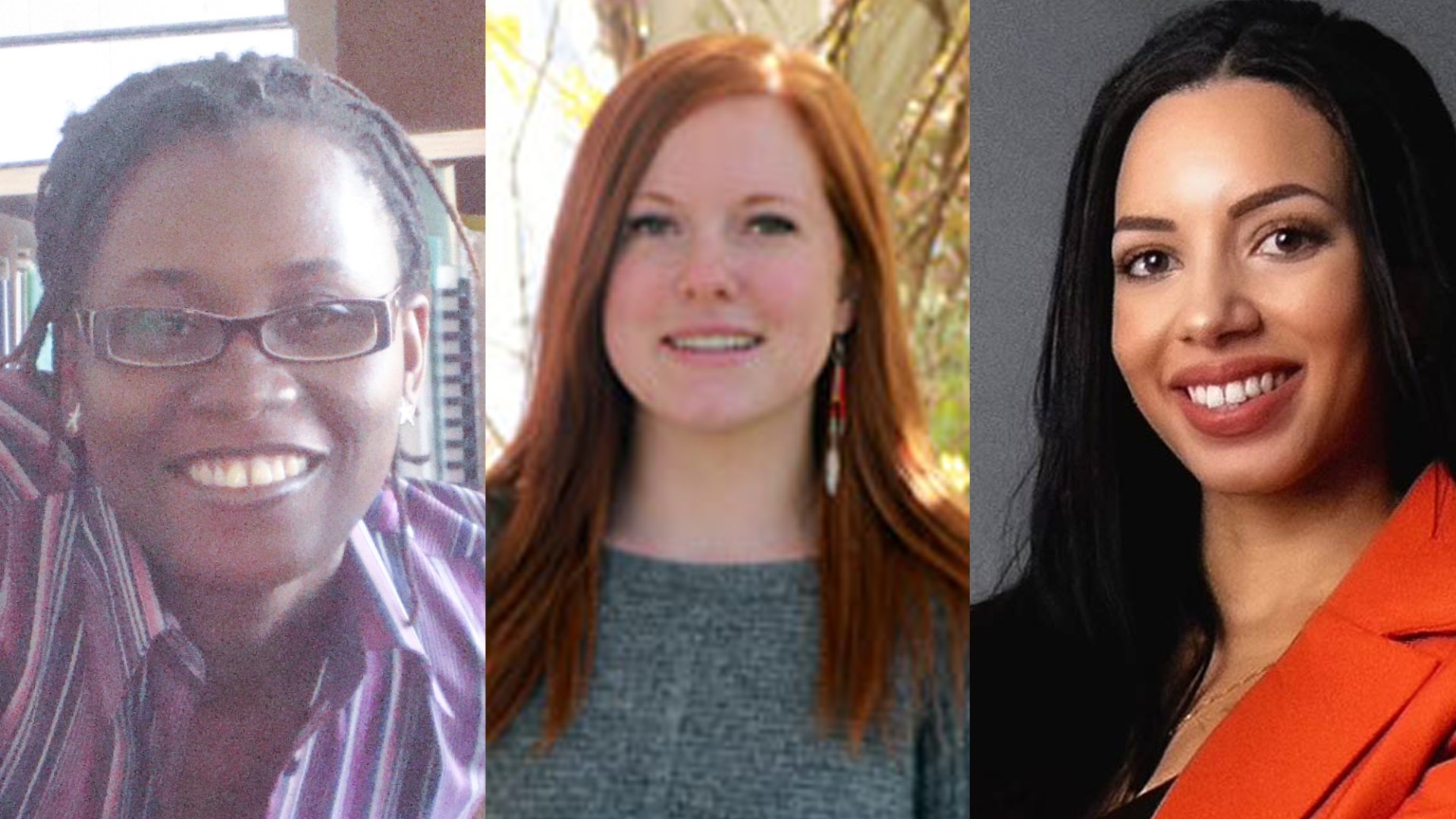
A new online program at StFX designed for students who wish to pursue adult education research in areas of women’s leadership and community development, is now in its second year, and already has provided exciting results, organizers say.
The Master of Adult Education - Women’s Leadership and Community Development is offered in collaboration between the StFX Department of Adult Education, and the Coady International Institute.
The cohort is the result of collaboration between Dr. Carole Roy from StFX’s Department of Adult Education who shared the idea for this program with Eileen Alma at the Coady International Institute. The Dean of Education, the Director of the Coady Institute, and the Director of Continuing Education supported it and Dr. Roy and Dr. Robin Neustaeter, cross appointed with the Department of Adult Education and the Coady International Institute, designed and facilitated the first online cohort in spring 2020.
The first cohort began in April 2020 when a group of leaders from Nova Scotia, Ontario, Newfoundland (First Nation), Nigeria, Rwanda, and Ghana (now residing in Quebec) started the program.
“Their backgrounds inspire respect as they actively work towards social justice and community development in solidarity with various groups including women, youth, poor, street-involved and incarcerated women, people with disabilities, refugees, Indigenous, and African Nova Scotians. Their dedication is commendable as they juggle caring for children and supporting relatives and communities while working full time and pursuing a graduate degree,” says Dr. Roy, the program’s coordinator.
“They honour their diverse heritages and find pride and inspiration in their mothers, grandmothers, mentors, and in their own wisdom. They have faced struggles and have come to respect differences. They value resourcefulness and inclusiveness. They did not always identify as leaders but through experience and reflection they now recognize their commitment to their community, which at times has been fearless, supportive, empowering, or innovative.”
Dr. Roy says while some raised awareness, created book clubs and media for Black girls and women, others devoted themselves to ensuring health services for Indigenous communities, supporting refugees, producing educational media, and creating community-based educational opportunities to enrich academic success of Black youth.
Others directed centers dedicated to supporting women, at times raising millions of dollars to create a place of refuge and peace for poor women and children. Others developed training programs for legal aid workers or created networks for women involved in community development in their region, country, or with international organizations. One took the pen in support of youth demanding justice in Nigeria. Another was recognized as an emergent leader in the African Nova Scotian community. “And still, they enrolled in this graduate program with dreams of justice and social and environmental sustainability. Needless to say, it has been an immense privilege to work with such a group of leaders.”
Over the last year, she says, there have been many inquiries and a second cohort started in April 2021, which Dr. Roy and Dr. Maureen Coady are facilitating.
“Settlers, Indigenous, and mixed-race women from Nova Scotia, Quebec, Ontario, and an Egyptian woman living in the Middle East are already creating a convivial community for exchange, learning, and support. They are nurses, mental health and youth educators, lawyer, designer, public servants, labour educator, social workers, and community developers, some already having received graduate degrees in economics, development studies, business administration, and design. A recent article in the Globe and Mail highlighted an Indigenous member of this new cohort,” they say.
As the participants embark on the three-year research-based program, they are developing their individual learning plan, thinking and discussing about leadership, reflective practice, and getting acquainted with the literature relevant to their interests in women’s leadership, community development, and adult learning.
Next year, they will learn about research methodologies, develop a research proposal, carry out data collection and analysis, identify themes and findings, and compose a report before reflecting on their learning on content and learning process over the whole program and they will present their research projects to each other.
“We look forward to the first cohort graduating in May 2023 and are planning a third cohort for January 2022.”
Those interested in women’s leadership and community development are encouraged to contact Dr. Carole Roy at @email

